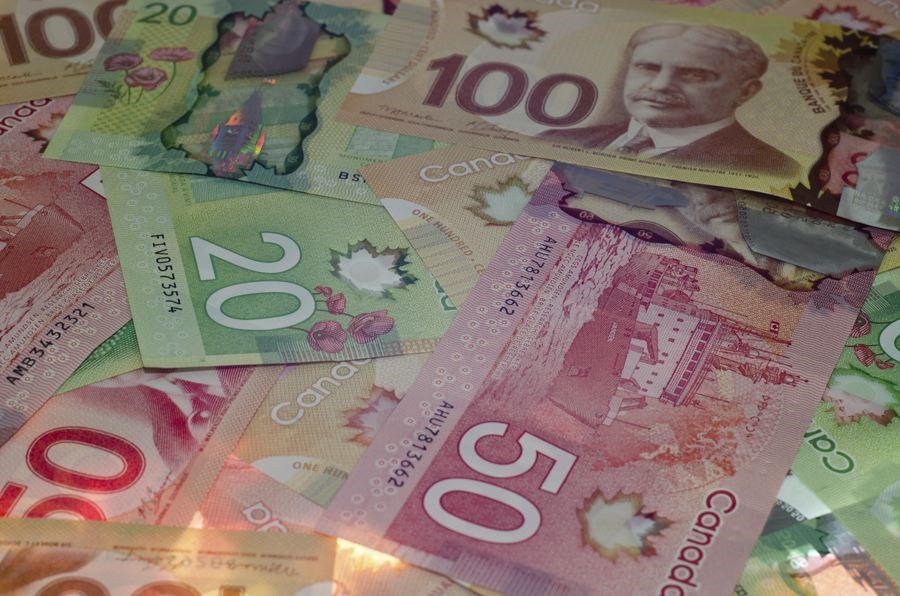The provincial government appears steadfast in seeing through its plan for implementing the Employer Health Tax despite pleas from local politicians and the business community to reconsider.
To replace the Medical Services Premium, the EHT comes into effect on Jan. 1, 2019. Businesses with payrolls under $500,000 are exempt from the tax, but for companies with payrolls over $500,000 who did not pay premiums for their employees, it will be a new expense.
Moreover, complete elimination of MSP premiums won't occur until Jan. 1, 2020, although it was cut by 50 per cent this year, leading to accusations that the government is "double dipping."
The Prince George Chamber of Commerce estimated the EHT will amount to a $150,000 hit to an average member business each year and twice that during the double dip years of 2018-19.
It was a concern it brought to the Select Standing Committee on Finance and Government Services when it was in Prince George on Sept. 18, taking submissions in advance of the provincial government's next budget.
"They're feeling that the responsibility for provincial health care is falling on the backs of businesses, and it's really impacting their ability to continue to employ individuals locally," Chamber president Lorna Wendling told the committee. "Any additional dollar they're paying in tax is taking away from their ability to contribute to our economy in that way."
Likewise, Coun. Garth Frizzell reiterated council's position on the issue - that it will cost the city more than $700,000 per year and translate into a 0.69 per cent increase in the property tax levy. He also noted the provincial government achieved a $300-million surplus for 2017-18 - the third surplus year in a row.
"But by off-loading the health funding to employers like us while the government of B.C. is in a budget surplus position without considering that it may hurt rather than help people, particularly the disadvantaged, this action is going to result in an unnecessarily higher financial burden to our taxpayers," Frizzell said. "We emphatically ask again that Prince George and all B.C. local governments be exempt from B.C. EHT."
NDP MLA Nicholas Simmons responded with something of a rebuke.
"Tell that to someone who's not paying $1,800 in MSP. Tell that to some individual who's not paying $900 in MSP," he said.
"I don't really buy that argument, but I understand the position you're in. I just think that, as the only province left with most regressive form of taxation for medical services, we've done a really good thing to say: 'It's the lowest EHT in the country as well.'
"So that's just pointing out that with the employer health tax, other provinces have that as well. Ours being low, I think it actually puts British Columbia in a good position."
In an emailed response to the Citizen regarding the concern over double dipping, Finance Minister Carole James continued in the same vein.
"The immediate 50-per-cent cut to MSP premiums in 2018 also means that employers that pay MSP premiums will see savings this year and next," she said.
"B.C. is the last province to have regressive MSP premiums, and as done by other provinces, we're taking a fairer approach. Transiting to EHT represents a net tax cut of $800 million annually, and B.C.'s EHT will be the lowest rate in Canada. We've delivered on our promise to eliminate MSP premiums in a way that is fiscally responsible, improves fairness, and protects small businesses."
In a previous response to request for comment, the ministry said the hike for the average Prince George household would work out to $1.17 per month in 2020 if the city chose to cover the cost entirely through the levy.



